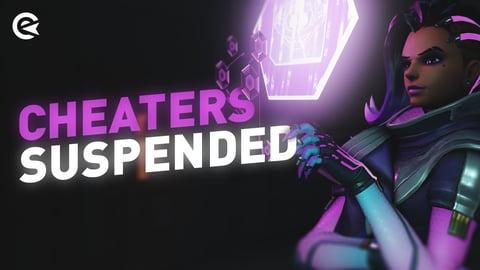Can Valorant’s New Agent Clove Grief Your Game?
With the introduction of Clove, Valorant’s latest agent, players have raised concerns about the potential for toxic behavior and griefing. Clove’s unique ability to deploy smokes even after death has sparked a discussion about whether this new mechanic could be exploited by frustrated or malicious players to sabotage their team’s gameplay. In this blog post, we’ll explore the potential risks and realities of Clove’s post-mortem smoke ability and its impact on the game.
The Concern:
The primary concern surrounding Clove’s ability is that toxic players, upon dying, may be more inclined to disrupt their team’s gameplay by placing smokes in detrimental positions. Without the distraction of their own gameplay, a frustrated player might focus their attention on sabotaging their teammates, especially if they believe their death was caused by poor team performance or are doubtful of their team’s ability to win the round.
Comparing Clove to Other Agents:

It’s important to note that the potential for griefing is not unique to Clove. Other agents, such as Brimstone, Astra, and Fade, possess abilities that can negatively impact their teammates if used maliciously. For example, Brimstone’s incendiary can be used to damage allies, while Astra’s smokes, gravity well, and stun can be deployed to hinder team movement. The difference with Clove lies in the ability to continue influencing the game even after death.
Limitations of Clove’s Post-Mortem Smoke:
Despite the concerns, there are limitations to Clove’s post-mortem smoke ability that mitigate the potential for griefing. According to Riot, Clove’s smoke range is restricted to the area near where they died. This means that if the team needs to rotate or reposition, Clove’s ability to disrupt gameplay diminishes significantly. Toxic players who die in random or isolated locations may find their ability to grief severely limited.
The Reality of Trolling:

Ultimately, players who are determined to troll will find ways to do so regardless of the agent they play. Whether it’s through abilities, communication, or other means, toxic behavior is an unfortunate reality in online gaming. The introduction of Clove does not inherently increase the likelihood of griefing, but rather provides another tool for those already inclined to engage in such behavior.
Dealing with Toxic Behavior:
As with any instance of toxic behavior or griefing, the best course of action is to report the offending player. Riot has systems in place to address and penalize those who consistently engage in detrimental behavior. It’s crucial for the community to actively report and discourage griefing to maintain a positive gaming environment.
If you find yourself unable to deal with all the toxicity you encounter in the game, think about getting cheap boosting. That way you can make sure you’re in a party with at least one good and friendly player.
To sum it up:

While the concerns surrounding Clove’s post-mortem smoke ability are understandable, it’s important to recognize that the potential for griefing exists with any agent. The limitations of Clove’s smoke range and the reality that determined trolls will find ways to disrupt gameplay regardless of the agent they play suggest that Clove’s introduction does not significantly increase the risk of griefing. As always, the best approach is to report toxic behavior and foster a community that encourages positive gameplay experiences for all players.










